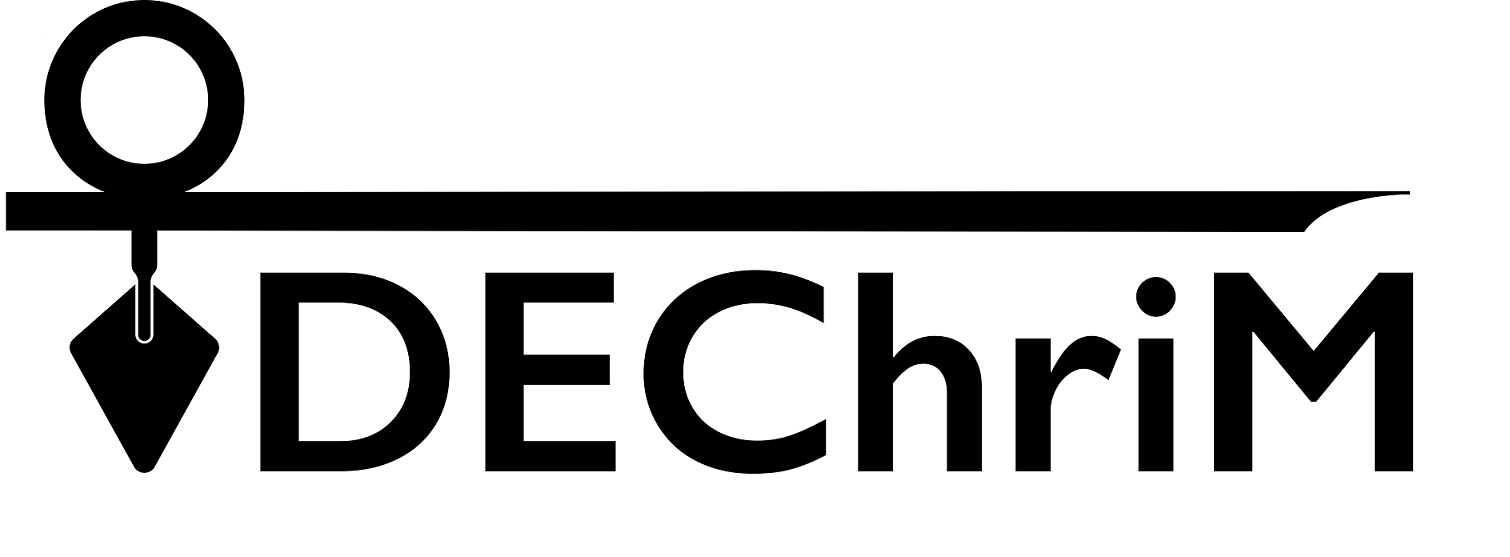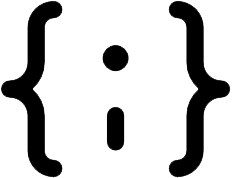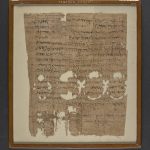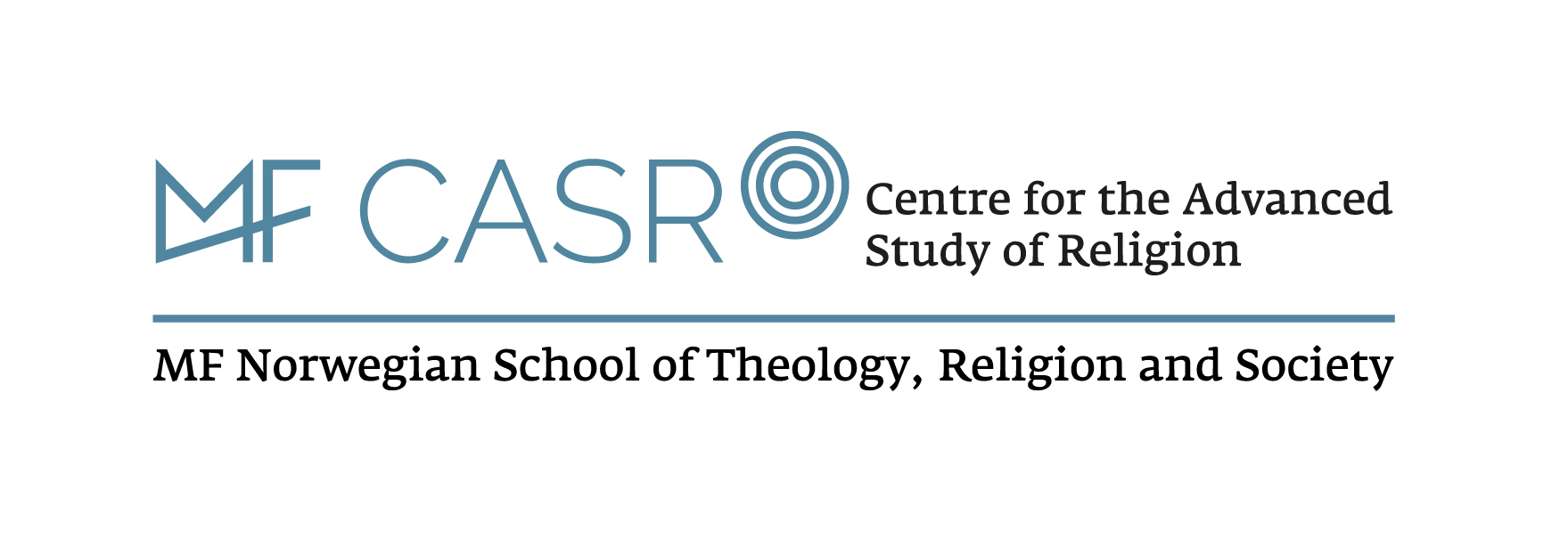| Artefact ID | 190 |
| TM ID | TM 10046 |
| Findspot (DEChriM ID) | 50 (Qaṣr Qārūn) | Class | Textual |
| Material | Papyrus |
| Writing medium | Sheet/roll |
| Text content | Documentary |
| Language | Greek |
| Archive/Dossier | Archive |
| Description | P.Abinn. 55; P.Lond. II 412: Petition from a deacon. A petition to Flavius Abinnaeus, formerly protector and commander of the cavalry (praefectus alae) at Dionysias, from Aurelius Heron, deacon from the village of Berenikis (Arsinoites). Heron accuses a certain Euporus of the village of Philagris of burglary. Euporus allegedly stole Heron’s clothing. He should be apprehended. Heron justifies his vehement tone by the fact that he is "a deacon of the principal church" (διάκων γὰρ τετύχηκα τῆς καθολικῆς ἐκκλησίας).
On the question whether Abinnaeus was a Christian and for his relationship with monks and clergy, see Bell et al. 1962: 32-33, Barnes 1985: 373-374, Choat 2006: passim, Luijendijk 2008: 35, n. 42, Kaiser 2015: 383, Choat 2017: 47.
Recto: large semi-cursive hand; final greeting and dating formula (added at the bottom) in a more cursive hand; text written along the fibres. |
| Selection criteria | Mention of Christian cult officials/institutions |
| Date from | 351 |
| Date to | 351 |
| Dating criteria | Text dated to February 11, 351 ("After the consulship of Flavius Sergius and Nigrinianus the most illustrious, Mecheir 17"). |
| Absolute/relative date | Absolute date |
| Archaeological context | Purchased as part of a lot comprising Papyri 401-447 from the Reverend Chauncey Murch (b. 1856, d. 1907) on 15 May 1893 (British Library website). While it was previously thought that Fl. Abinnaeus' archive was found in Philadelpheia where he went to live after his retirement, Gallazzi 2015 argued that Fl. Abinnaeus should have left his papers in his office (or in his lodgings), in Dionysias, when he left the army and handed over the command of the castra to others. The material would have been recovered in Qaṣr Qārūn, at the end of the nineteenth century, by antiquities seekers or sebâkh quarrymen and given to merchants of Medînet el-Fayûm, where they would have been intermingled with the documents recovered at Kharabet el-Gerza (Philadelphia), before reaching European collections. |
| Accession number | London, British Library, Pap 412 |
ARTEFACT IDENTIFIERS
Publications:
• Bell, Harold Idris, Victor Martin, Eric G. Turner and Denis van Berchem, 1962. The Abinnaeus Archive. Papers of a Roman Officer in the Reign of Constantius II. Oxford: Clarendon Press, 115-116, no. 55.
• Kenyon, Frederic G. 1898. Greek Papyri in the British Museum II. London: British Museum, 279-280, no. 412.
Additional bibliography:
• Barnes, Timothy D. 1985. “The Career of Abinnaeus.” Phoenix 39, 368-374.
• Choat, Malcolm. 2006. Belief and Cult in Fourth-Century Papyri. Studia Antiqua Australiensia 1. Turnhout: Brepols.
• Choat, Malcolm and Maria Chiara Giorda. 2017. Writing and Communication in Early Monasticism. Texts and Studies in Eastern Christianity 9. Leiden-Boston.
• Gallazzi, Claudio. 2015. “Dove è stato ritrovato l’archivio di Abinneo?” Archiv für Papyrusforschung und verwandte Gebiete 61, 170-179.
• Kaiser, Anna Maria. 2012. “Die Fahndung nach Deserteuren im spätantiken Ägypten.” In Actes du 26e Congrès international de papyrologie, Genève 16-21 août 2010, edited by Paul Schubert. Genève: Droz, 381-390.
• Luijendijk, AnneMarie. 2008. Greetings in the Lord: early Christians and the Oxyrhynchus papyri. Cambridge, Mass.-London: Harvard University Press.
• Rémondon, Roger. 1972. "L'Église dans la société égyptienne à l'époque byzantine." Chronique d'Égypte 42, 254-277, esp. 259.
• Wipszycka, Ewa. 2001. "P.Col. VII 171 Revisited." In Essays and texts in honour of J. D. Thomas, edited by T.Gagos and R. Bagnall. Am. Stud. Pap. 42. Oakville, 45-50 (esp. 48).


 Json data
Json data




